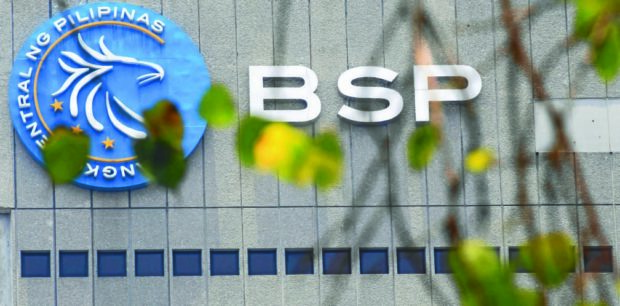BSP to test peso bills made with polymer, not abaca
MANILA, Philippines—The central bank said on Monday (Oct. 25) that its planned shift to peso notes reinforced with plastic-like material — described by the regulator as “polymer banknotes” — will save money in the long run as the more durable material will reduce production and replacement costs.
The Bangko Sentral ng Pilipinas (BSP) also downplayed the impact of the move on the local abaca industry which has been providing raw material for the production of peso banknotes since 2001, saying it has been coordinating with other government agencies to help mitigate its impact on affected workers, said to number between 210 to 481.
“The BSP is currently preparing for a limited circulation test of a polymer version of the 1000-piso note (to circulate in parallel with current notes) to assess whether the benefits claimed by other central banks hold true under Philippine conditions,” the BSP said in a statement.
“The test will help us determine the effects of polymerization on hygiene and public health, environmental sustainability, as well as the lifespan, durability, and counterfeiting rates of our money,” the agency added. “It will also allow us to collect stakeholder feedback and observe changes in currency handling behavior.”
The proposed shift to plastic-based raw materials will be the BSP’s second attempt to introduce more durable banknotes in response to the rapid deterioration of abaca-based peso bills, especially smaller denominations like the P20 bill used often in wet markets.
The earlier attempt, however, was junked due to adverse feedback from users who complained that the plastic-reinforced bills — similar to what is used in Europe or in Singapore — felt “inauthentic”.
The BSP said it continues to seeks ways to improve Philippine banknotes, and added that “pressing public concerns” are making the BSP’s current efforts in this regard a lot more urgent.
“Since the start of the COVID-19 pandemic, sanitizing frequently touched objects, including banknotes and coins, has become a widespread need among members of the public,” it said.
“Second, while the Philippines does not have a major counterfeiting problem, crime syndicates keep improving their techniques in counterfeiting the New Generation Currency banknotes that are in circulation,” the BSP said.
“Third, given increasing scarcity of water, energy, and other inputs, the production of our banknotes can be made more sustainable,” the agency said. “These concerns prompted the BSP to consider improving the current banknotes’ material and performance. As the sole issuer of currency, the BSP must ensure that our currency is protected and the needs of the Filipino people are served.”
The BSP said the Department of Agriculture shared with it the recommendation of the Philippine Council for Agriculture and Fisheries and the Philippine Fiber Industry Development Authority to retain abaca in Philippine banknotes.
“In response, the BSP gave its commitment to maintain an open dialogue with key players of the abaca industry and relevant agencies as we carry out the limited test circulation of 1000-piso notes,” the BSP said.
TSB















